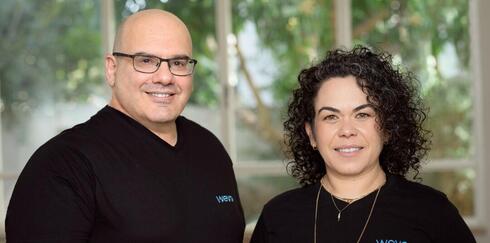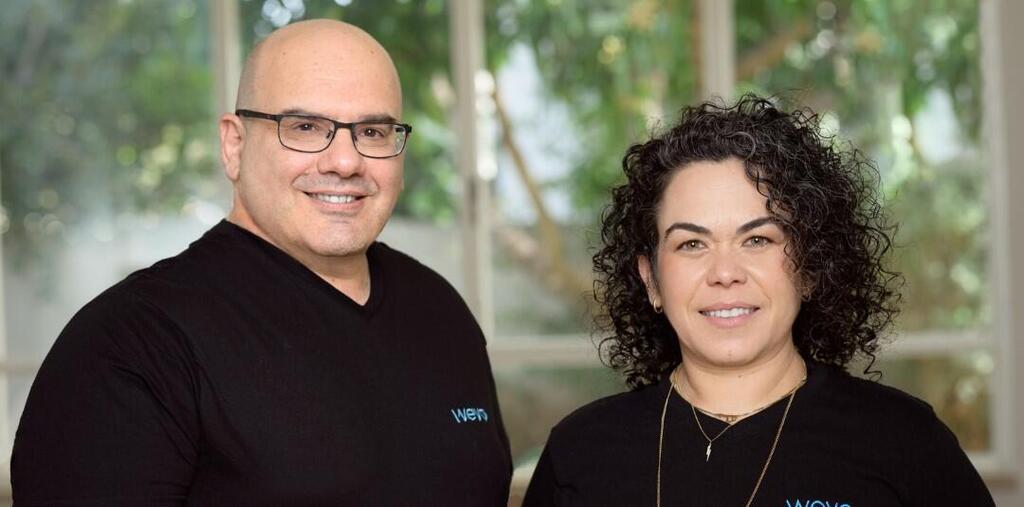
SolarEdge acquires Israeli EV charging management startup Wevo Energy
Wevo is a software startup specializing in EV charging optimization and management for sites with large quantities of EV chargers such as apartment buildings, workplace carparks and public charging locations
SolarEdge announced on Thursday that it completed the acquisition of Israeli startup Wevo Energy. Wevo, founded in 2021 by CEO Teddy Flatau and CTO Adi Baron, is a software startup specializing in EV charging optimization and management for sites with large quantities of EV chargers such as apartment buildings, workplace carparks and public charging locations.
Wevo’s software is designed to be vendor agnostic and supports industry leading open protocols, enabling multi-user pricing and billing, tiered prioritization of charging schedules, predictive load management, and a range of additional services. To date, Wevo has electrified many thousands of parking spaces across North America, Europe and the Middle East. Wevo is already integrated with SolarEdge’s EV chargers, solar inverters and meters.
The Wevo solution will also be part of the SolarEdge ONE energy optimization system for the Commercial and Industrial (C&I) segment.
“This acquisition represents the continuation of SolarEdge’s strategy to enhance its software portfolio for the C&I segment,” said SolarEdge CEO Zvi Lando. “As the EV market continues to grow, distributed renewable energy will be key to unlocking the full potential of the electrification of mobility. Wevo’s software capabilities and know-how represent a building block for EV-attached solar, and today it becomes a part of SolarEdge’s energy ecosystem.”
Teddy Flatau, CEO of Wevo Energy, said: "Wevo's mission is to make EV charging accessible by electrifying every parking space. As a subsidiary of SolarEdge, we will be able to develop a combined solution, offering a seamless experience for EV drivers by optimizing charging with clean, solar-powered energy and maximizing cost savings. This will allow a significant step forward to achieving a low-carbon future."














